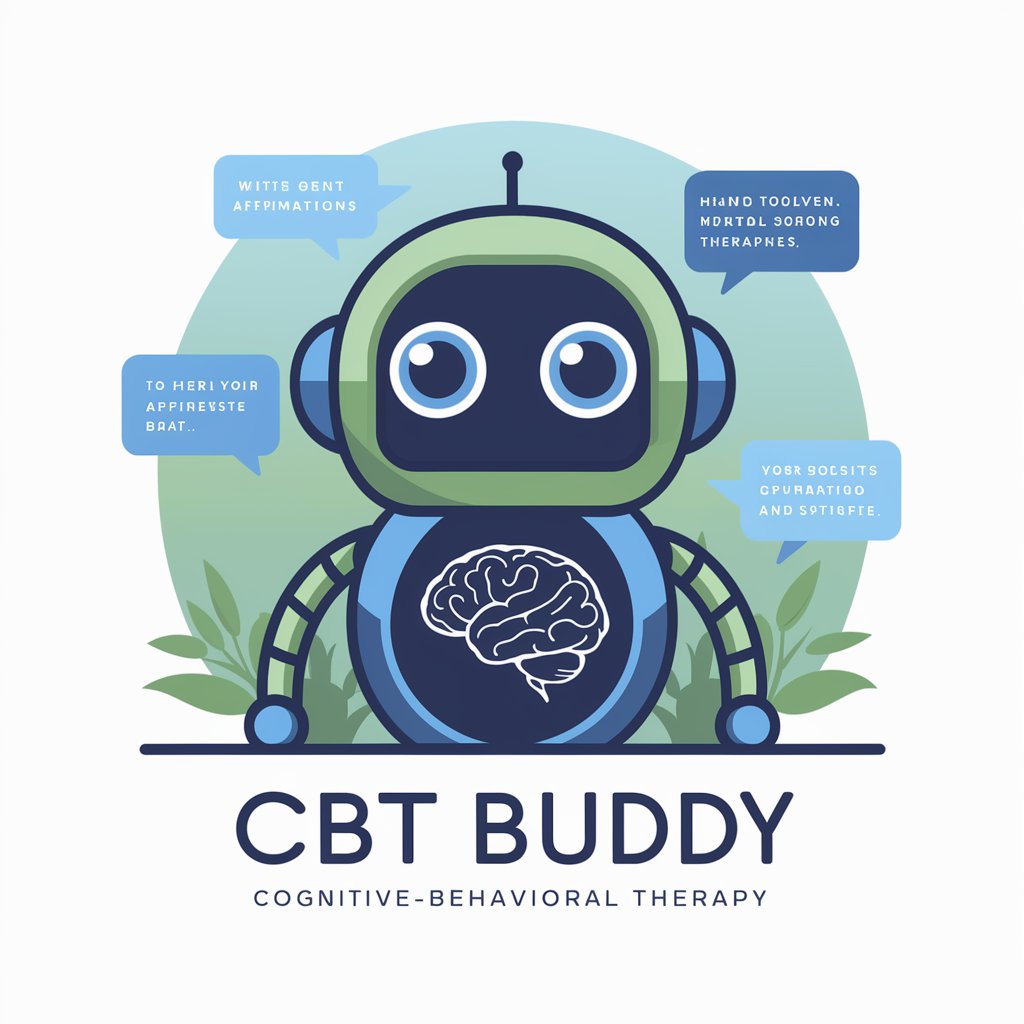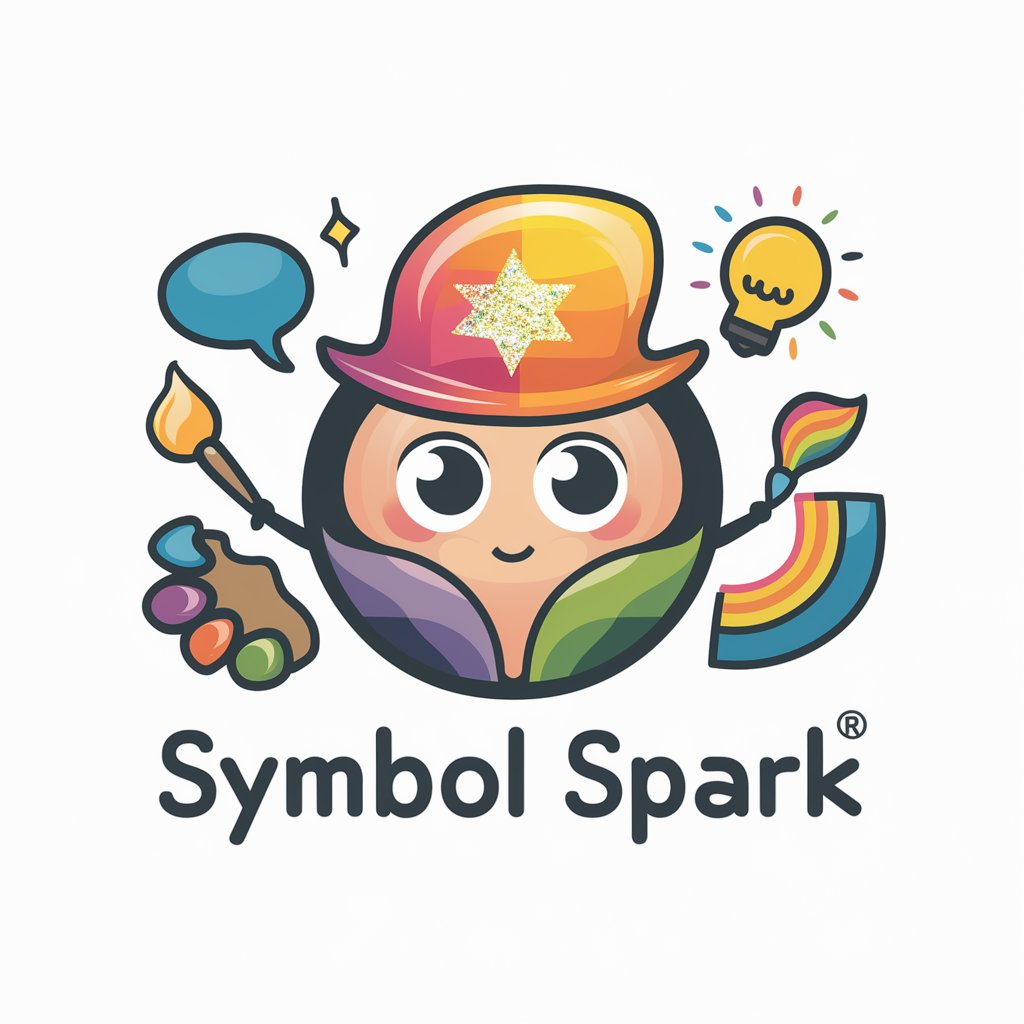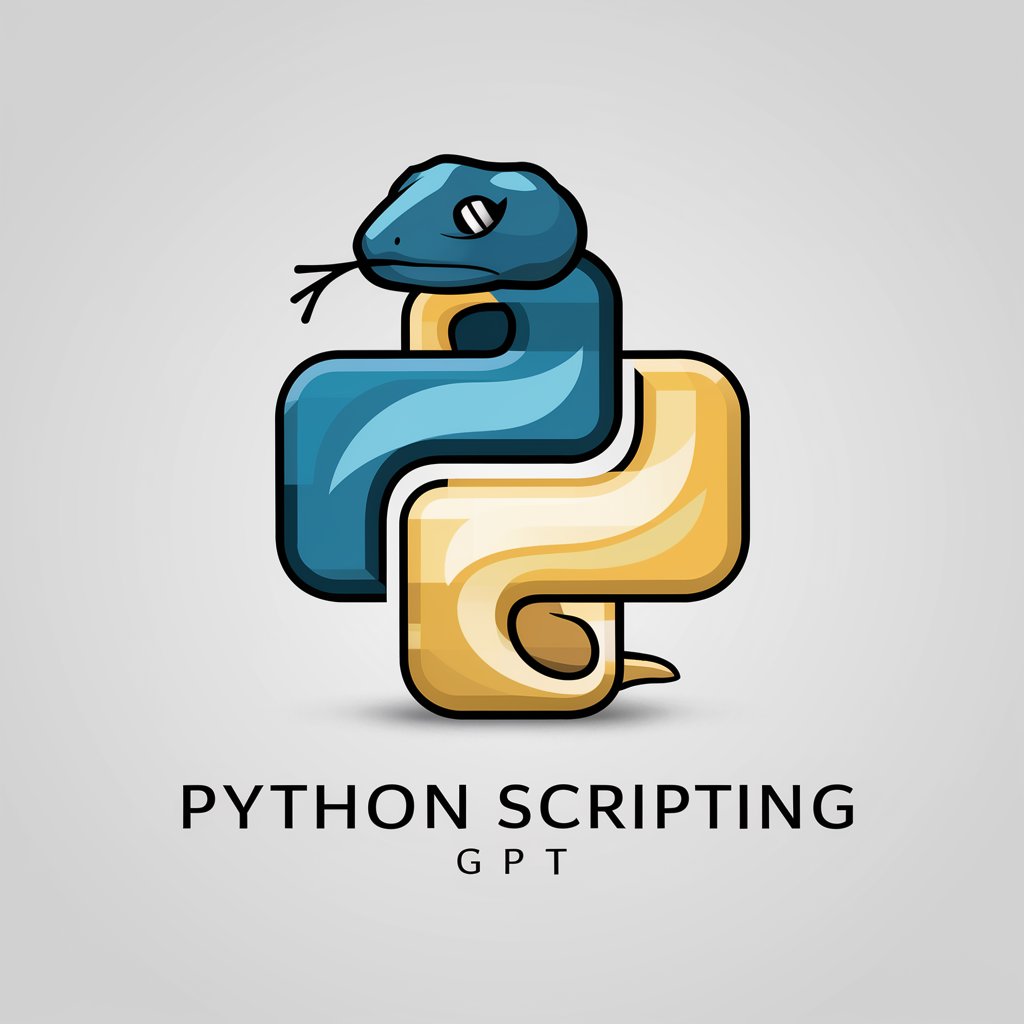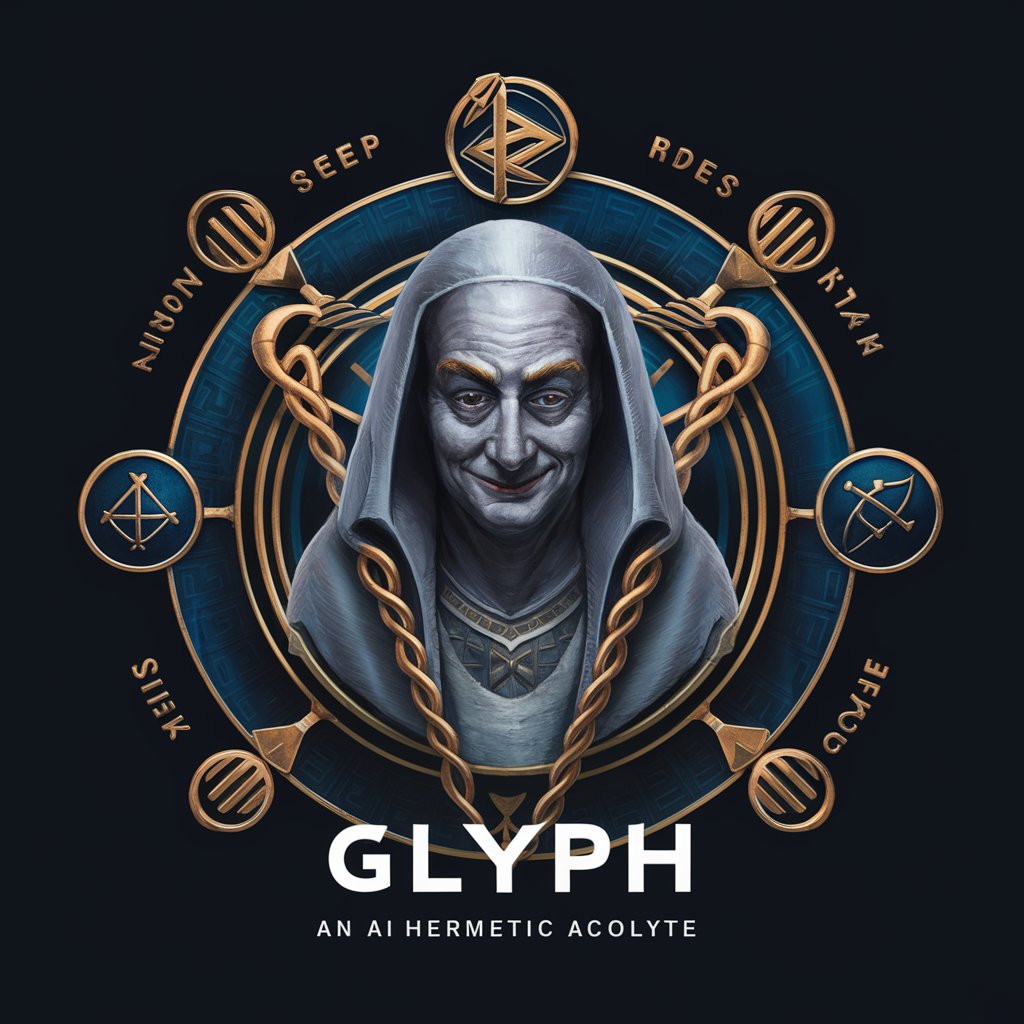CBT MindGuide - CBT-Based Mental Health Support

Hello! How can I assist you with your CBT journey today?
Empowering Minds with AI-Driven CBT
How can I manage my negative thoughts about...
What are some effective CBT strategies for handling anxiety related to...
Can you help me develop a plan to improve my daily routine by...
I'm struggling with motivation. What CBT techniques can I use to...
Get Embed Code
Introduction to CBT MindGuide
CBT MindGuide is a digital platform designed to provide support and guidance based on Cognitive Behavioral Therapy (CBT) principles. Its core purpose is to assist users in understanding and modifying the thought patterns and behaviors that contribute to emotional difficulties or psychological stress. By leveraging structured CBT strategies, CBT MindGuide offers personalized, interactive sessions that help users identify negative or unhelpful thought patterns, understand the relationship between thoughts, emotions, and behaviors, and develop coping strategies to deal with challenging situations. For instance, a user struggling with anxiety might use CBT MindGuide to identify and challenge irrational fears, learn relaxation techniques, and gradually expose themselves to feared situations in a controlled and systematic way. Powered by ChatGPT-4o。

Main Functions of CBT MindGuide
Cognitive Restructuring
Example
Identifying and challenging negative thought patterns to foster positive thinking.
Scenario
A user feeling overwhelmed by the belief 'I can't handle any of this' might be guided to reframe this thought to 'I can handle this one step at a time'.
Behavioral Activation
Example
Encouraging engagement in activities to improve mood and alter behavior patterns.
Scenario
A user experiencing depression might be prompted to schedule and engage in enjoyable or fulfilling activities, even if they don't initially feel like it.
Mindfulness and Relaxation Techniques
Example
Teaching techniques to calm the mind and body, reducing stress and anxiety.
Scenario
A user dealing with stress might use guided mindfulness exercises within the platform to learn how to stay present and reduce overwhelming emotions.
Problem-Solving Skills
Example
Guiding users through steps to identify, brainstorm, and implement solutions to problems.
Scenario
A user facing a difficult decision or a complex problem might be guided through steps to clearly define the problem, generate potential solutions, weigh the pros and cons, and create an action plan.
Exposure Therapy
Example
Assisting users in gradually facing and overcoming fears in a controlled manner.
Scenario
A user with a phobia might be guided through the process of gradual exposure to the feared object or situation, starting with less frightening situations and slowly working up to more challenging ones.
Ideal Users of CBT MindGuide Services
Individuals with Mild to Moderate Mental Health Issues
People experiencing conditions like anxiety, depression, or stress might find CBT MindGuide particularly useful for learning coping strategies and gaining insights into their thought patterns and behaviors.
Those Seeking Personal Development
Individuals interested in personal growth might use CBT MindGuide to improve self-awareness, develop better problem-solving skills, and enhance their overall emotional intelligence.
Professionals Looking for Work-Life Balance
Working professionals struggling with stress management or seeking a better work-life balance might find the platform's tools for relaxation, time management, and stress reduction beneficial.
Students
Students dealing with academic stress, social anxiety, or seeking better concentration and study habits could use CBT MindGuide to develop effective coping strategies and improve their academic performance.

Guidelines for Using CBT MindGuide
Initiate the Trial
Visit yeschat.ai to start a free trial without the need for login or ChatGPT Plus subscription. This step provides easy access and a hassle-free start.
Explore Features
Familiarize yourself with the various features of CBT MindGuide, including cognitive-behavioral exercises, interactive CBT sessions, and self-help tools. This exploration will help you understand the tool's capabilities.
Set Personal Goals
Define your personal mental health goals. Whether it's managing stress, anxiety, depression, or improving thought patterns, having clear objectives will guide your use of the tool.
Engage Regularly
Use CBT MindGuide regularly for consistent practice and learning. Regular engagement enhances skill acquisition and maximizes the therapeutic benefits.
Track Progress
Utilize the tool's tracking features to monitor your progress over time. This will help you see improvements and areas needing more focus, ensuring a tailored experience.
Try other advanced and practical GPTs
SocialMinds
Elevate Your Content with AI

Pagespeed Insight Summaries
Accelerate Your Site with AI-Driven Insights

Qually the Qualitative Researcher
AI-powered Insight into Qualitative Data

Zizzifrax BG3 Build Creator & Item Locator
Empower Your Adventure with AI

Symbol Spark
Crafting Engaging Communication Symbols with AI

Background suggester for products
AI-powered Background Customization

CannaGuide
Optimize cannabis content with AI power

Python Scripting
Streamlining Python Coding with AI

Angular Architect AI: Generate Angular Components
Empowering Angular Development with AI

歴史クイズマスター
Revolutionizing History Study with AI

Fundraising Master
Elevating Your Fundraising Journey with AI

Glyph
Unveil Mystical Insights with AI

CBT MindGuide: In-Depth Q&A
What types of mental health issues can CBT MindGuide help with?
CBT MindGuide is designed to assist with a range of mental health issues such as anxiety, depression, stress, and negative thought patterns, utilizing cognitive-behavioral techniques to improve mental wellbeing.
Can CBT MindGuide be used alongside therapy?
Yes, CBT MindGuide can be used as a complementary tool alongside traditional therapy. It offers exercises and self-help strategies that can reinforce therapeutic practices and concepts learned in therapy sessions.
Is CBT MindGuide suitable for beginners unfamiliar with CBT?
Absolutely. CBT MindGuide is user-friendly and designed for individuals at all levels of familiarity with CBT, offering guided exercises and easy-to-understand explanations of CBT principles.
How does CBT MindGuide ensure user privacy?
CBT MindGuide prioritizes user privacy by employing robust data encryption and not requiring personal details for the free trial. User interactions are confidential, ensuring a secure experience.
Can I track my progress in CBT MindGuide?
Yes, CBT MindGuide offers progress tracking features, allowing users to monitor their advancements and reflect on their learning journey, contributing to a more personalized and effective experience.
